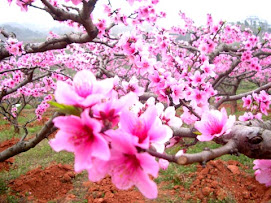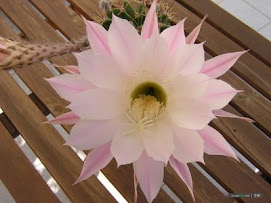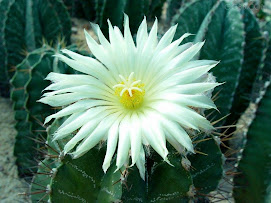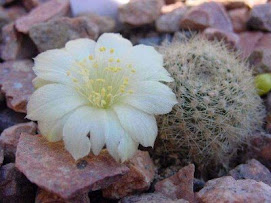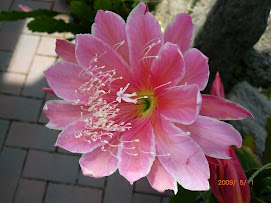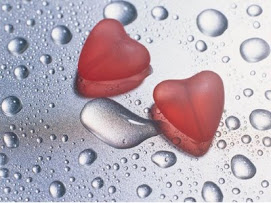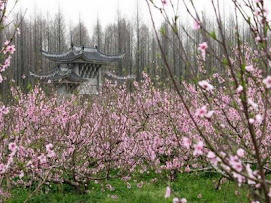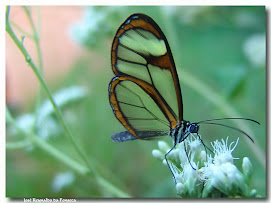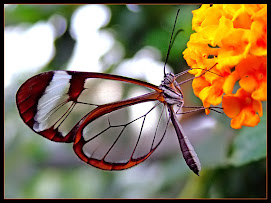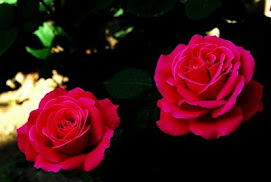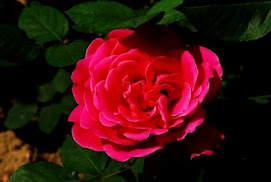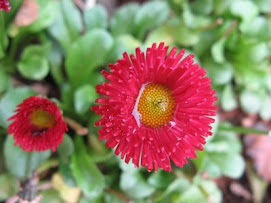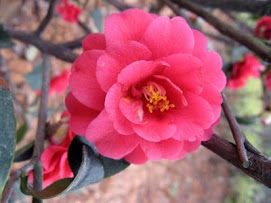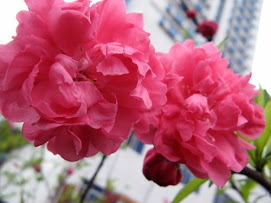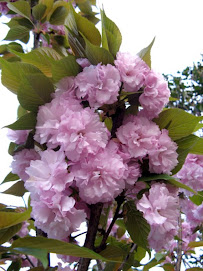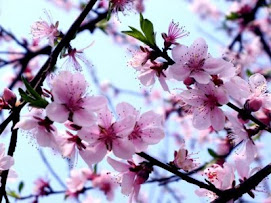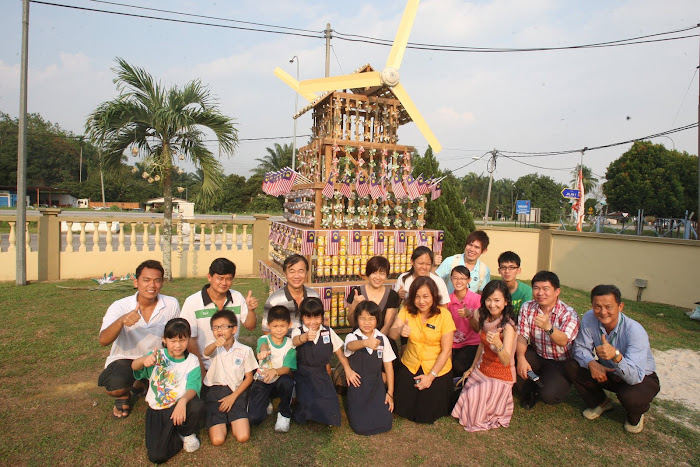一名成績優秀的青年去申請一個大公司的經理職位。
One young academically excellent person went to apply for a managerial position in a big company.
他通過了第一級的面試,董事長做最後的面試,做最後的決定。
He passed the first interview, the director did the last interview, made the last decision.
董事長從該青年的履歷上發現,該青年成績一 貫優秀,從中學到研究生從來沒有間斷過。
The director discovered from the CV, that the youth's academic result is excellent all the way, from the secondary school until the postgraduate research, never has a year he did not score.
董事長問,你在學校裏拿到獎學金嗎?該青年回答,沒有。
The director asked, "Did you obtain any scholarship in school?" and the youth answered "none".
董事長問,是你的父親 為您付學費嗎?該青年回答,我父親在我一歲時就去世了,是我的母親給我付的學費。
The director asked, " Is it your father pay for your school fees?" the youth answered, my father passed away when I was one year old, it is my mother who paid for my school fees.
董事長問,那你的母親是在那家公司高就?該 青年回答,我的母親是給人洗衣服的。
董事長要求該青年把手伸給他,該青年把一雙潔白的手伸給董事長。
The director asked, " Where did your mother worked?" the youth answered, my mother worked as cloth cleaner. The director requested the youth to show his hand, the youth showed a pair of hand that is smooth and perfect to the director.
董事長問,你幫你母 親洗過衣服嗎?該青年回答,從來沒有,我媽總是要我多讀書,再說,母親洗衣服比我快得多。
The director asked, " Did you ever help your mother washed the cloth before?" The youth answered, never, my mother always wanted me to study and read more books, furthermore, my mother can wash cloths faster than me.
董事長說,我有個要求,你今天回家,給你母 親洗一次雙手,明天上午你再來見我。
The director said, I had a request, when you go back today, go and help to clean your mother's hand, and then see me tomorrow morning.
該青年覺得自己成功的可能很大,回到家後,高高興興地要給母親洗手,母親受寵若驚地把手伸給孩子。
The youth felt that its chance of landing the job is high, when he went back, he happily wanted to clean his mother's hand, his mother feel strange, happy but mixed with fear, she showed her hand to the kid.
該 青年給母親洗著手,漸漸地,眼淚掉下來了,因為他第一次發現,他母親的雙手都是老繭,有個傷口在碰到水時還疼得發抖。
The youth cleaned his mother's hand slowly, his tear drop down as he did that. It is first time he found his mother's hand is so wrinkled, and there are so many bruises in her hand. Some bruises incites pains so strong that shiver her mother's body when cleaned with water.
青年第一次體會到,母親就是 每天用這雙有傷口的手洗衣服為他付學費,母親的這雙手就是他今天畢業的代價。
This is the first time the youth realized and experienced that it is this pair of hand that washed the cloth everyday to earn him the school fees, the bruises in the mother's hand is the price that the mother paid for his graduation and academic excellence and probably his future.
該青年給母親洗完手後,一聲不響地把母親剩下要洗的衣服都洗了。
After finishing the cleaning of his mother hand, the youth quietly cleaned all remaining clothes for his mother.
當天晚上,母親和孩子聊了很久很久。
That night, mother and sons talked for a very long time.
第二天早上,該青年去見董事長。
Next morning, the youth went to the director's office
董事長望著該青年紅腫的眼睛,問到,可以告訴我你昨天回家做了些什麼嗎?
The director noticed the tear in the youth's eye, asked: " Can you tell you what have you done and learned yesterday in your house?"
該青年回答說,我給母親洗完手之後, 我幫母親把剩下的衣服都洗了。
The youth answered, " I cleaned my mother's hand, and also finished cleaning all the remaining clothes'
董事長說,請你告訴我你的感受。
The director asked, " please tell me your feeling."
該青年說,第一,我懂得了感恩,沒有我 母親,我不可能有今天。第二,我懂得了要去和母親一起勞動,才會知道母親的辛苦。第三,我懂得了家庭親情的可貴
The youth said, Number 1, I knew what is appreciation, without my mother, there would not the successful me today. Number 2, I knew how to work together with my mother, then only I can realize how difficult and tough to get something done. Number 3, I knew the importance and value of family relationship.
董事長說,我就是要錄取一個會 感恩,會體會別人辛苦,不是把金錢當作人生第一目標的人來當經理。你被錄取了。
The director said, " This is what I am asking, I want to recruit a person that can appreciate the help of other, a person that knew the suffering of others to get thing done, and a person that would not put money as his only goal in life to be my manager. You are hired.
這位青年後來果真工作努力,深得職工擁護,員工也都努力工作,整個公司業績大幅成長。
Later on, this young person worked very hard, and received the respect of his subordinates, every employees worked diligently and in a team, the company's result improved tremendously.
假如一位孩子從小嬌生慣養,習 慣了被人圍著寵著,什麼都是“我”第一,父母的辛苦都不知道,上班後,以為同事都應該聽他的,當了經理後,不知道員工的辛苦,還要怨天尤人。這樣的人,會有好的學校成績,會有得意風光的一時,但社會上的這類人,都不能成大事,都不會感覺到幸福,都要跌跟鬥,那父母是愛孩子呢還是害孩子呢?
A child who has been protected and habitually given whatever he did, he developed "entitlement mentality" and always put himself first. He is ignorance of his parent's effort. When he started work, he assumed every people must listen to him, and when he became a manager, he would never know how suffering his employee and always blame others. For this kind of people, he can have good result, may be successful for a while, but eventually would not feel sense of achievement, he will grumble and full of hatred and fight for more. If we are this kind of protective parent, did we love the kid or destroy the kid?
你可以讓你的孩子住 大房子,吃大餐,學鋼琴,看大屏電視,但你在割草時,也要讓你的孩子在大太陽下拔拔野草,你在吃飯後,也要讓你的孩子洗洗碗,不是你沒有錢雇人,而是你真心愛孩子。你要讓孩子知道,即使父母掙不少錢,但早早的白髮,和那位洗衣服的母親沒有本質的差別。但更重要的是,要讓你的孩子學會感恩。
You can let your kid lived in a big house, eat a good meal, learn piano, watch a big screen TV. But when you are cutting grass, please let them experienced it. After a meal, let them washed their plate and bowl together with their brothers and sisters. It is not because you do not have money to hire a maid, but it is because you want to love them in a right way. You want them to understand, no matter how rich their parent are, one day their hair will grow gray, same as the mother of that young person. The most important thing is your kid learn how to appreciate the effort and experience the difficulty and learn the ability to work with others to get thing done.
 20世纪90年代初金融泡沫破裂后,日本曾陷入经济疲软的“迷失十年”。2003年,我在日本访问纵横中韩企业界的西村和义时,他提到韩国人的乐观积极,口头禅是“没关系”,不像日本人把钱统统存起来,韩国人继续花费,持续内需带动经济,让韩国以最快速度自1997年亚洲金融风暴中复苏过来。
20世纪90年代初金融泡沫破裂后,日本曾陷入经济疲软的“迷失十年”。2003年,我在日本访问纵横中韩企业界的西村和义时,他提到韩国人的乐观积极,口头禅是“没关系”,不像日本人把钱统统存起来,韩国人继续花费,持续内需带动经济,让韩国以最快速度自1997年亚洲金融风暴中复苏过来。


